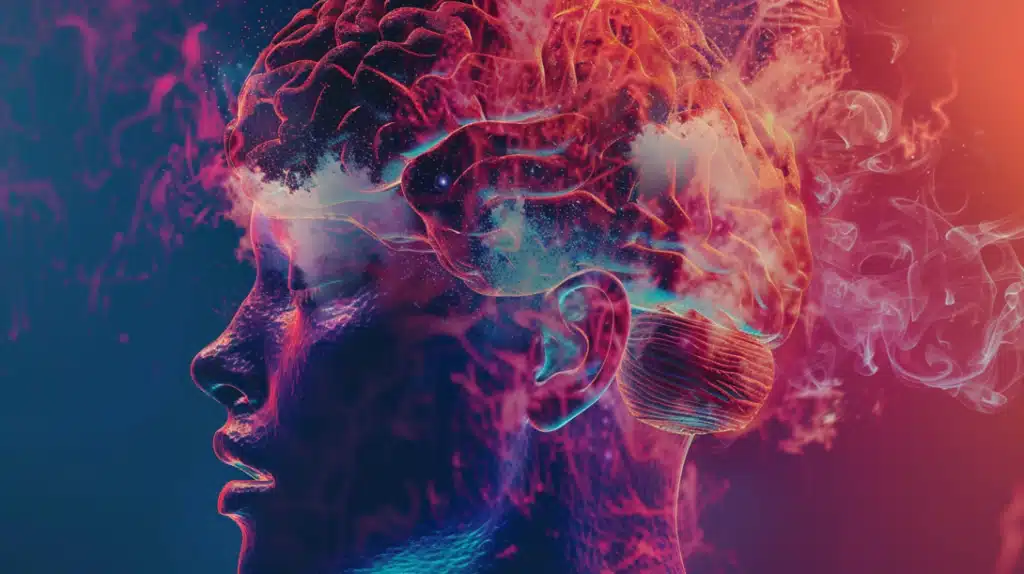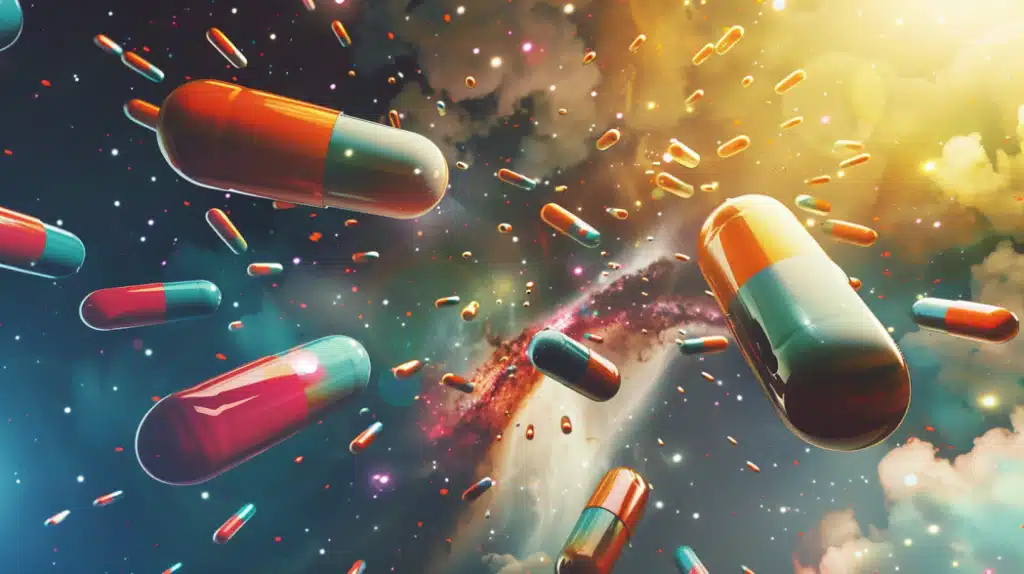Sex Differences of Gut Bacteria (Microbiome) in Major Depression (2024 Review)
The intricate relationship between the gut microbiome and major depressive disorder (MDD) is gaining significant attention within the scientific community. Emerging research highlights sex-specific disparities in the gut microbiome’s composition and its potential impact on MDD, pointing towards the necessity of integrating sex as a biological variable in future studies. Highlights: Sex Disparities in MDD: …






